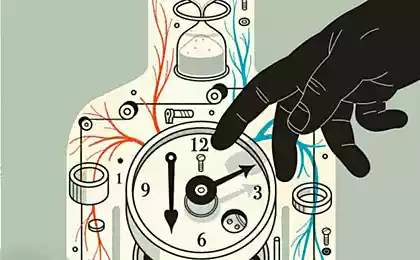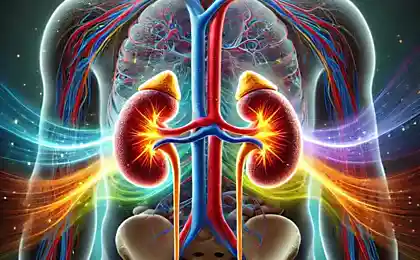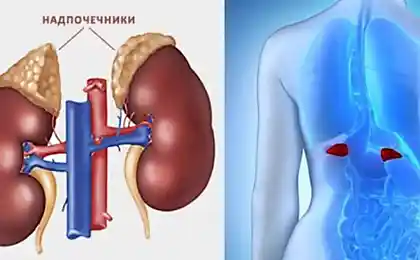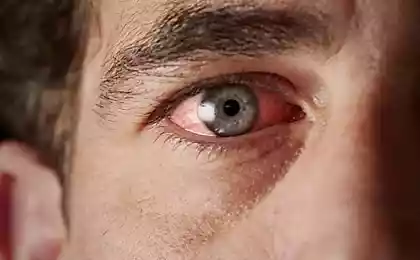169
Evening melancholy: why sadness comes with sunset
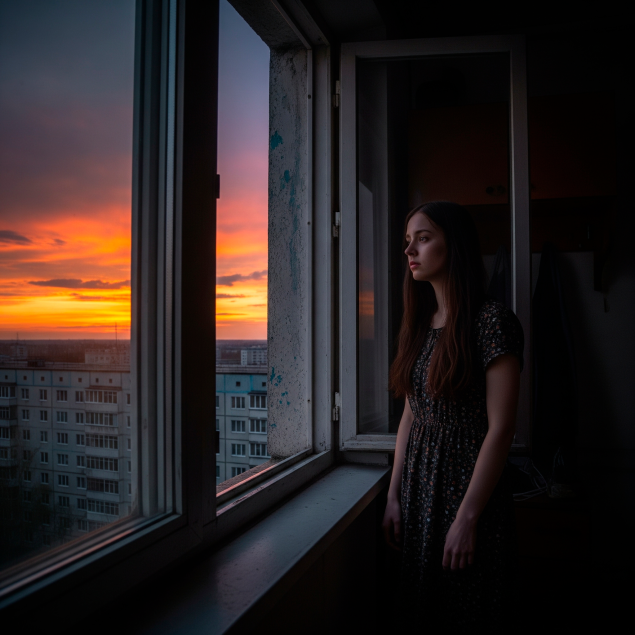
A familiar feeling: the day was quite tolerable, things are done, but once the sun hides behind the horizon, an invisible cat begins to scratch on the soul, and thoughts turn into a worn record with a track called “What if everything goes wrong?”
It's not just the whims of a tired mind. Evening longing is a phenomenon so common that scientists have long taken up its study. You know what? It turns out that our brains really work like a complex biochemical orchestra, where each hormone plays its own part. By the end of the day, some musicians are lying.
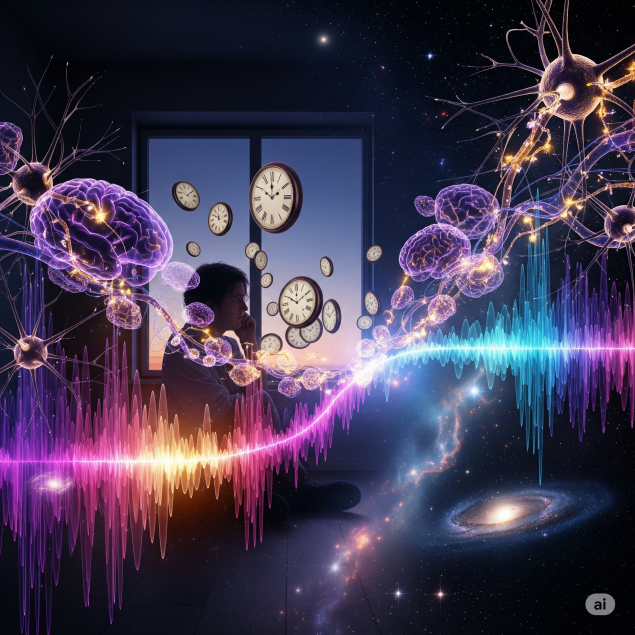
Biochemical theater of evening emotions
Imagine that your body is a high-tech laboratory, where around the clock there are experiments with your mood. The main characters of this drama are the hormones that orchestrate the symphony of our emotions.
Cortisol: The stressful dictator Cortisol is your internal alarm clock and your guard. In the morning he cheerfully shouts: “Rise!”, and by evening he should retire. But chronic stress turns him into an intrusive neighbor who keeps him awake, continuing to talk about problems even at 11 p.m.
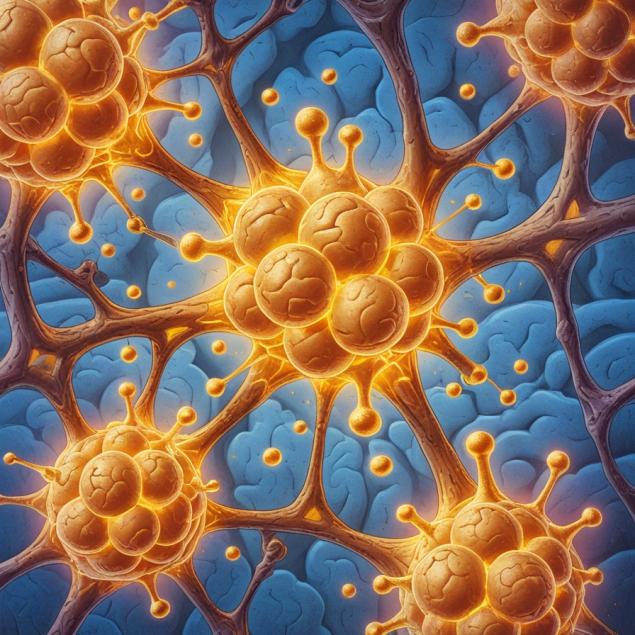
Serotonin and dopamine are your personal dealers of happiness. They work on the principle of "get up in the morning - get a dose, done the job - get more." But by the evening, their supplies are depleted, especially if the day was boring or stressful. The result? Emotional withdrawal in the form of sadness and anxiety.
Melatonin begins to be produced at night, preparing the body for sleep. But the transition from wakefulness to rest is not just the click of a switch, it is a ritual in which the brain processes daytime impressions.
When the silence gets too loud
During the day, we are like jugglers in a circus: constantly tossing tasks, answering messages, solving problems. This chaos, oddly enough, protects us from inner experiences. But when the circus closes in the evening, all repressed emotions take to the stage.
It’s like playing music louder all day so you don’t hear noise from your neighbors. And in the evening they turned off and realized that there was a real rave.
Circadian rhythms: the internal clock fails
Our body lives on a complex schedule that evolution has set for millions of years. But modern life is like trying to live on a train schedule when you only have a sundial. Artificial lighting, irregular sleep, changing time zones – all this brings down our internal clock.
Screens of gadgets emit blue light that tricks the brain into thinking it’s still day. It's like shouting "Fire!" at the fire station at 3 a.m. - all systems are on alert, even though it's time to sleep.
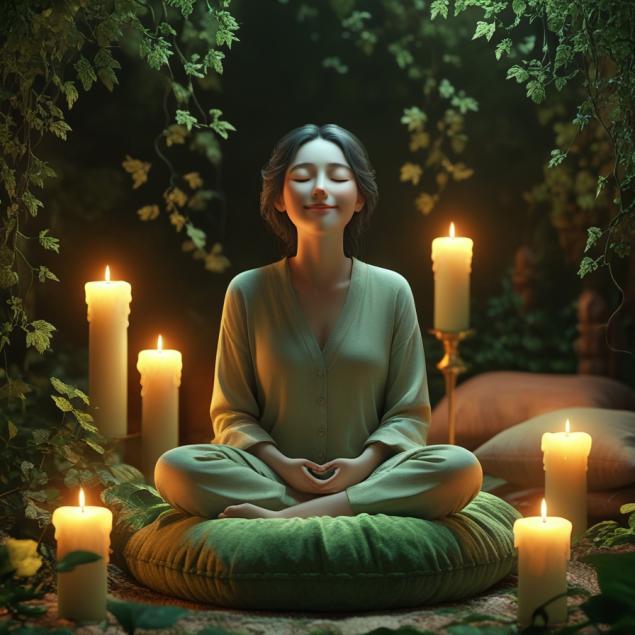
Practical strategies for dealing with evening longing
Now that we’ve figured out the reasons, it’s time to move on to solutions. No, you don’t have to change your life or move to a Tibetan monastery. It is enough to make a few changes to the evening schedule.
Create a symbolic transition from the working day to personal time. It can be anything: changing into home clothes, making a to-do list for tomorrow, or just announcing out loud: “Working day is over!” The brain loves rituals – they let it know it’s time to switch.
Quick relaxation techniques
When anxiety begins to creep in, it’s important to have proven ways to deal with it at the ready. Here are some techniques that work faster than you can say panic attack:
Breathing technique "4-7-8" Inhale on 4 counts, delay on 7, exhale on 8. Repeat 4 times. It's like rebooting the nervous system -- simple but effective.
Progressive Muscle Relaxation: Tend and relax muscle groups, starting at the toes and going up to the head. This teaches the body to distinguish between tension and relaxation.
Dealing with obsessive thoughts
Evening anxious thoughts are like annoying salespeople: the more you ignore them, the more persistent they become. But there are ways to negotiate with them.
Set aside 15 minutes before relaxing treatments. Write down all the alarms on paper and say to yourself, “I’ll deal with this tomorrow.” It's not swinging, it's planning.
Physical well-being as the basis of emotional stability
Body and mind are more connected than the internet and procrastination. Emotional stability cannot be expected if the body is working at the limit or receiving inappropriate fuel.
Avoid heavy food before bed – it makes the body work when it should rest. It's like having a cleaner wash the floors during a concert.
Important: Physical activity during the day is an investment in the quality of the evening. But intense exercise late at night is like drinking espresso before bed.
Creating Sources of Joy
Last, but not least, is the purposeful creation of positive emotions. Don’t expect joy to knock on the door. Actively seek out and create moments that bring pleasure.
Find an activity that brings you joy without tension: reading, needlework, listening to music, talking with a loved one. The main thing is that it should be yours, not what is “useful” or “right”.
Conclusion
Evening sadness is not a sentence, but a signal that your body needs care and understanding. Now you know that this is not a weakness of character, but a normal reaction to the stresses of modern life. Use this knowledge to turn the evening from a time of anxiety into a period of recovery and preparation for a new day.
Glossary
cortisol
Stress hormone produced by the adrenal glands. Regulates metabolism, immune system and stress response.
serotonin
A neurotransmitter that regulates mood, sleep, appetite, and social behavior. It is often called the “happiness hormone.”
dopamine
A neurotransmitter associated with the brain’s reward system, motivation, and pleasure.
melatonin
A hormone that regulates circadian rhythms and prepares the body for sleep. It's made in the dark.
Circadian rhythms
The internal biological clock regulating the daily fluctuations of physiological processes.
chronotype
Individual predisposition to a certain mode of activity and rest (“larks” and “owls”).
Progressive Muscle Relaxation
Relaxation technique based on consistent tension and relaxation of various muscle groups.
Blue light
A part of the visible spectrum of light with a short wavelength that suppresses melatonin production and can disrupt sleep.
12 Signs You Have Envious Friends
8 habits to say goodbye to if you don’t want your happiness to depend on others

